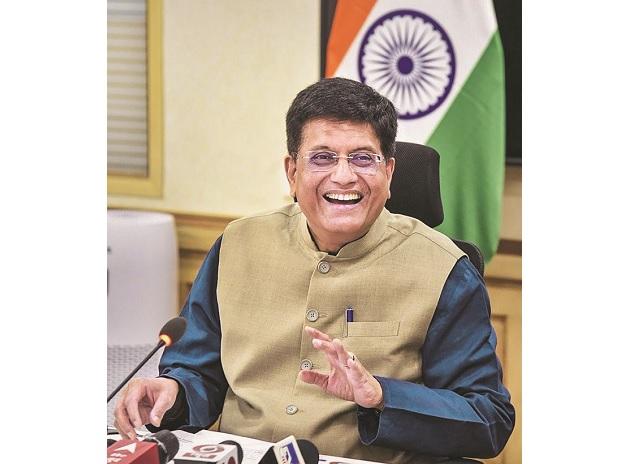The oil ministry on Tuesday said the levy of windfall profit tax was a response to a dynamic situation and its design provides for recalibration based on market inputs and feedback.
“Crude oil prices have witnessed extreme volatility in 2022. This has resulted in very high prices for end consumers at petrol pumps.
“Countries around the world have implemented various measures to mitigate the adverse impacts on consumers. ‘Windfall tax’ is one of the measures which helps in dealing with the situation,” the ministry said in a statement.
India first imposed windfall profit tax on July 1, joining a growing number of nations that tax super normal profits of energy companies. While duties were slapped on the export of petrol, diesel and jet fuel (ATF), a Special Additional Excise Duty (SAED) was levied on locally produced crude oil.
“The extent of its applicability, reference period, amount of cess/ tax/ duty, the incidence of tax liability, a mechanism for review are integral to such a tax,” the ministry said.
The statement came on reports citing the ministry’s August 12 letter to the finance ministry seeking a review of the windfall profit tax on domestically produced crude oil.
The ministry in the August 12 letter, seen by PTI, sought exemption for fields or blocks which were bid out to companies under Production Sharing Contract (PSC) and Revenue Sharing Contract (RSC), from the new levy. This on the premise that contracts provide for fiscal stability.
“It is clarified that the levy of SAED from July 1, 2022, was accompanied by the Government’s announcement of a mechanism of fortnightly review. Six such reviews have already taken place since the levy of SAED,” the statement said.
In the meanwhile, the “government has received representations and requests for clarifications in respect of modalities of the levy, rates, determination of liability, etc,” it said.
These, the ministry said, necessitate consultations as well as the exchange of information between different ministries.
“Such consultations are an ongoing process and are used to inform successive reviews,” it said, adding that reporting the August 12 communication without the communications made previously or thereafter gives a misleading impression.
It, however, did not state what communications it made to the finance ministry before or after the August 12 letter.
The SAED on domestic crude oil initially was Rs 23,250 per tonne (USD 40 per barrel) and in fortnightly revisions was brought down to Rs 10,500 per tonne.
(Only the headline and picture of this report may have been reworked by the Business Standard staff; the rest of the content is auto-generated from a syndicated feed.)





GIPHY App Key not set. Please check settings